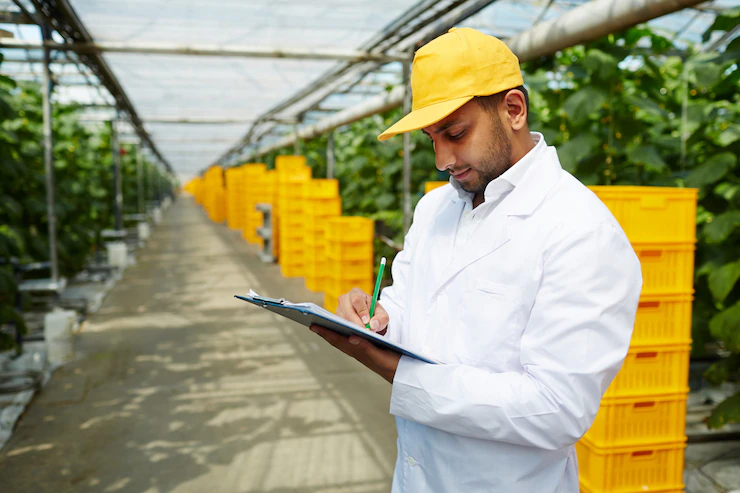Sustainable sourcing and traceability play crucial roles in agroprocessing by promoting environmentally and socially responsible practices throughout the supply chain. Let’s explore each of these concepts in more detail:
- Sustainable Sourcing: Sustainable sourcing refers to the procurement of raw materials or agricultural products in a manner that minimizes negative environmental impacts, supports biodiversity, and promotes the well-being of communities involved in the production process. In agroprocessing, sustainable sourcing involves selecting and procuring ingredients, such as crops, fruits, or livestock, from suppliers who adhere to sustainable farming practices.
Benefits of sustainable sourcing in agroprocessing:
- Environmental conservation: Sustainable sourcing aims to reduce the use of harmful chemicals, promote soil and water conservation, and protect ecosystems. It encourages practices such as organic farming, agroforestry, and integrated pest management, which minimize environmental degradation.
- Social responsibility: Sustainable sourcing promotes fair trade practices, decent working conditions, and the welfare of farmers and workers. It encourages the payment of fair prices to producers, fostering local economic development and improving livelihoods.
- Consumer demand: With the growing awareness of environmental and social issues, consumers are increasingly seeking products that are sustainably sourced. By incorporating sustainable sourcing practices, agroprocessors can cater to this demand and enhance their brand reputation.
- Traceability: Traceability refers to the ability to track and trace the origin, movement, and transformation of agricultural products and ingredients throughout the supply chain. It involves documenting and recording information at various stages, such as production, processing, packaging, and distribution, to ensure transparency and accountability.
Importance of traceability in agroprocessing:
- Quality assurance: Traceability systems enable agroprocessors to monitor and control the quality of raw materials and ingredients. By identifying the source of each component, they can ensure compliance with quality standards, food safety regulations, and certifications.
- Food safety and recalls: In the event of a food safety issue or product recall, traceability allows for quick identification of affected batches or products. This enables targeted actions, such as removing specific items from the market, minimizing health risks, and protecting consumers.
- Supply chain management: Traceability enhances supply chain efficiency by providing real-time information on the location, status, and availability of products. It helps optimize inventory management, reduce waste, and streamline logistics processes.
- Sustainability assessment: Traceability systems can facilitate the assessment of environmental and social impacts throughout the supply chain. By tracking the origin and production practices of ingredients, agroprocessors can identify areas for improvement and make informed decisions to promote sustainability.
Overall, sustainable sourcing and traceability are integral to agroprocessing as they contribute to the development of environmentally friendly, socially responsible, and high-quality products. They support the transition towards more sustainable agricultural practices and meet the expectations of conscious consumers in an increasingly interconnected global market.
Join 'Farmers Mag' WhatsApp Channel
Get the latest Farming news and tips delivered straight to your WhatsApp
CLICK HERE TO JOIN






